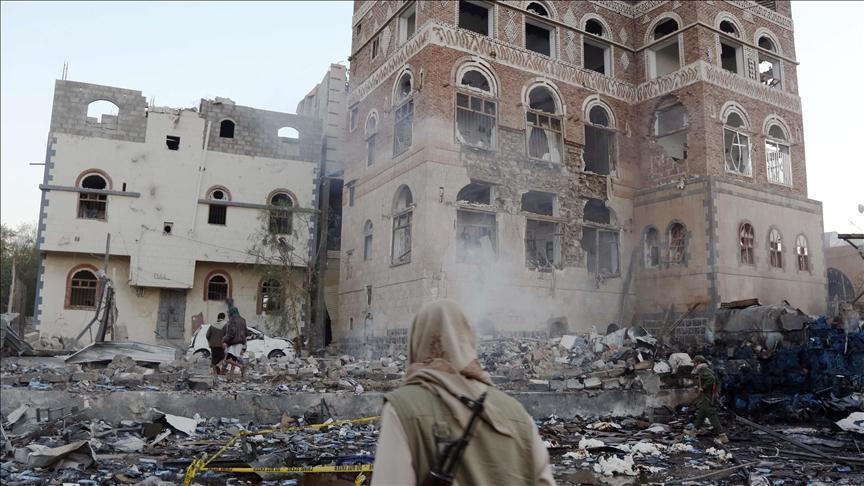A ‘biutiful’ financial center
It has been exactly two years since economy tsar Ali Babacan unveiled the Istanbul Finance Center Strategy and Action Plan, or SAP, with great fanfare at the IMF-World Bank meetings in Istanbul.
The economists and policymakers I talked to then politely (and humorously) mentioned that traffic would be the biggest obstacle to the project. Incidentally, infrastructure was one of the topics at the Istanbul Finance Summit, or IFS, on Wednesday. But as Peter Casey, one of the architects of the Dubai Financial Center, noted, it is never a center’s edge over others.
Despite Turkish authorities’ good understanding of the challenges ahead and their early move, not much has been achieved so far. Babacan himself admitted back in April that only nine of the 71 actions in the SAP had been completed. Simple algebra reveals that at this rate, the SAP could be completed by the centennial of the Republic of Turkey in 2023.
But things are about to speed up. The government is planning to pass a large Omnibus Law by the end of the year, which would cover many of the actions included in the SAP. This big-bang method would address my main criticism of the SAP that it does not take into consideration binding constraints. Such “grocery list” approaches with long to-do lists do not tell you where you’ll be getting the biggest bang for the buck, but if you are buying all the groceries at one time, the issue becomes less relevant.
In addition, unless you are planning to tap into Martian funds, benchmarking is necessary. After all, becoming a financial center is not an exercise in creation, but one in competition. Istanbul does not seem to fare well in that regard: It is ranked 71st in the Global Financial Centers index prepared by the Z/Yen Group.
The Omnibus Law will surely make Istanbul much more attractive as a financial center and push up its Z/Yen ranking, but some of Istanbul’s strengths – including its location – will nevertheless not be captured by this type of index.
Plotting Z/Yen’s list of top 75 financial centers reveals that the vast area east of the Danube and west of the Ganges, encompassing the whole African continent, the Balkans, Middle East and Western Asia, is only a served by a handful of financial centers.
Of these, the Gulf Cooperation Council, or GCC, centers in Dubai, Qatar and Bahrain are one step ahead of the others, which include Istanbul, Johannesburg, Moscow and Mumbai. Despite the lack of many instruments found in global financial centers, Istanbul differentiates itself by being the only diversified center in the region, with the possible exception of Johannesburg.
However, the same Z/Yen report reveals that Istanbul is still perceived as a local, rather than a global or even regional, financial center. This matters because, in the finance world, perception often trumps reality. Moscow, which is neither as deep nor as diversified as Istanbul, is nevertheless viewed as a global center.
Despite its widely publicized economic woes, Dubai is regarded by the respondents as one of the centers likely to become more significant. Similarly, it is also one of the top 10 centers where respondents’ organizations are most likely to open offices.
The Omnibus Law could be an important step in putting Istanbul ahead in this beauty contest, as it would likely make changes that Z/Yen survey respondents deem important, such as taxation and regulatory simplification. Such private sector-oriented reform would not be a big surprise, as the authorities have been very willing to listen to and engage finance professionals.
But financiers look at, above anything else, stability and clarity of regulation. In other words, they want to able to see ahead clearly. In that regard, the recent political and macroeconomic stability needs to be complemented by a stable policy regime, including monetary policy.
Otherwise, Istanbul will become a “biutiful” financial center, rather than the “beautiful” one Central Bank Gov. Erdem Başçı mentioned at the IFS.
Emre Deliveli is a freelance consultant as well as a columnist for Hürriyet Daily News and contributor to Roubini Global Economics. His blog on the Turkish economy, The Kapalı Çarşı, is at Nouriel Roubini’s Economonitor: www.economonitor.com/emredeliveli.










